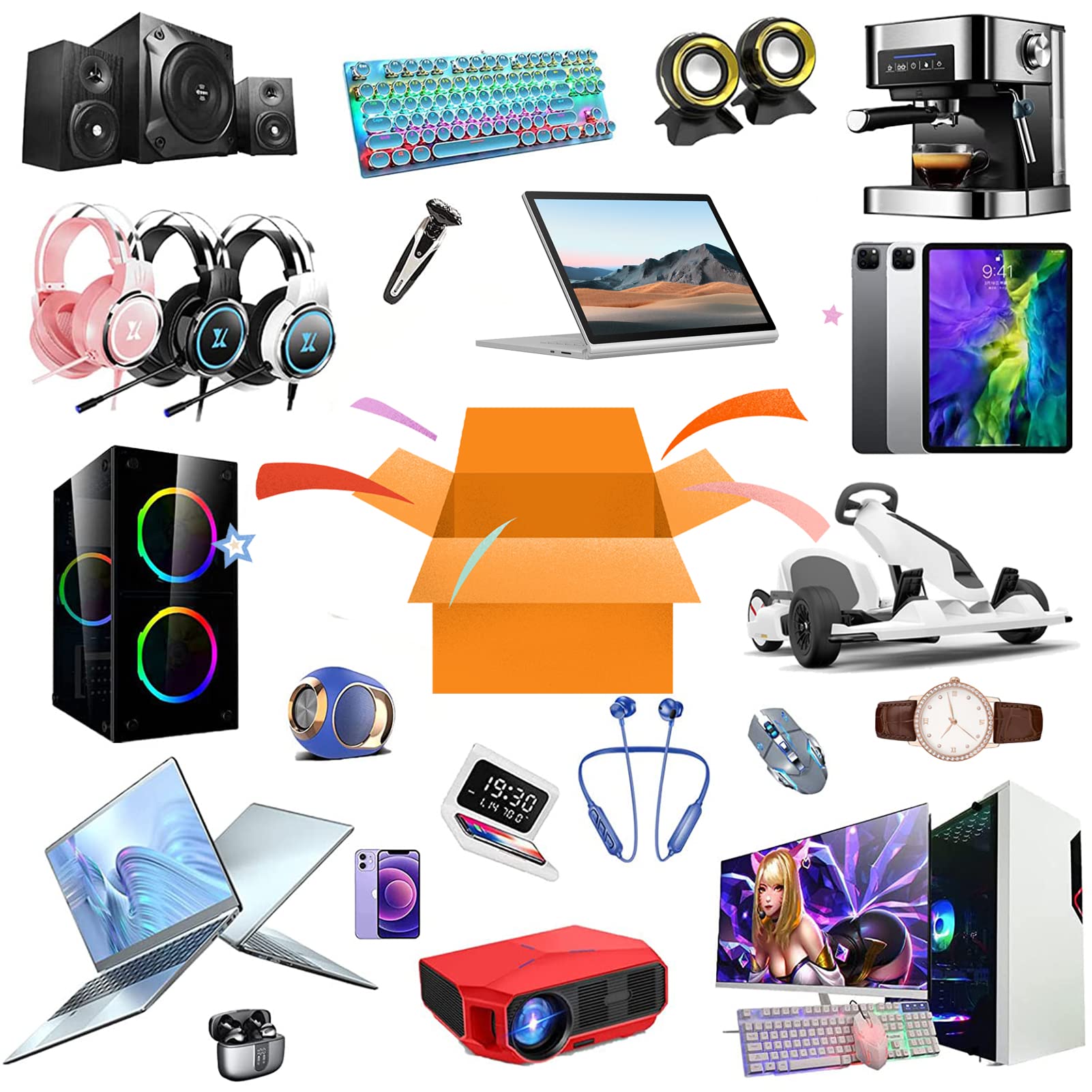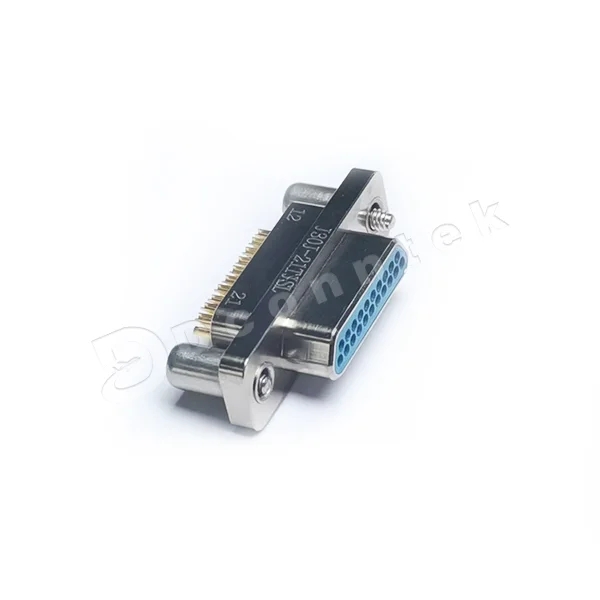
In today's fast-paced world, the field of Electronics and Communication plays a pivotal role in shaping our lives. From smartphones to satellite communication, this dynamic industry has revolutionized the way we connect and communicate. However, many individuals often wonder if pursuing a career in Electronics and Communication is a daunting task. In this blog post, we will delve into the intricacies of this field, exploring its challenges, rewards, and the skills required to excel.
- The Complexity of Electronics and Communication:
Electronics and Communication is a multidisciplinary field that encompasses various domains such as electrical engineering, computer science, and telecommunications. The complexity arises from the need to understand the intricate interplay between hardware and software components, signal processing, and network protocols. Mastering these concepts requires a strong foundation in mathematics, physics, and logical reasoning. - Rapid Technological Advancements:
One of the defining characteristics of the Electronics and Communication industry is its rapid pace of technological advancements. From the advent of 5G networks to the development of Internet of Things (IoT) devices, professionals in this field must constantly update their knowledge and skills to stay relevant. Continuous learning and adaptability are crucial to thrive in this ever-evolving landscape. - Problem-Solving and Analytical Skills:
Electronics and Communication professionals are often faced with complex problems that require analytical thinking and problem-solving abilities. From troubleshooting hardware malfunctions to optimizing network performance, the ability to identify and resolve issues efficiently is paramount. Strong analytical skills, attention to detail, and a methodical approach are essential for success in this field. - Collaboration and Communication:
Effective collaboration and communication skills are vital for Electronics and Communication professionals. As projects often involve cross-functional teams, the ability to convey technical information clearly and concisely is crucial. Additionally, staying updated with industry trends and being able to articulate ideas and solutions effectively are essential for career growth. - Job Opportunities and Rewards:
Despite the challenges, pursuing a career in Electronics and Communication offers numerous rewards. The demand for skilled professionals in this field is consistently high, providing ample job opportunities across industries such as telecommunications, aerospace, healthcare, and automotive. Moreover, the field offers competitive salaries, career growth prospects, and the satisfaction of contributing to technological advancements that shape the world.
Conclusion:
In conclusion, Electronics and Communication is a challenging yet rewarding field that requires a diverse skill set and a passion for continuous learning. The complexity of the subject matter, coupled with the rapid pace of technological advancements, demands professionals who are adaptable, analytical, and excellent problem solvers. By embracing these challenges and honing their skills, individuals can embark on a fulfilling career in Electronics and Communication, contributing to the ever-evolving world of technology.





